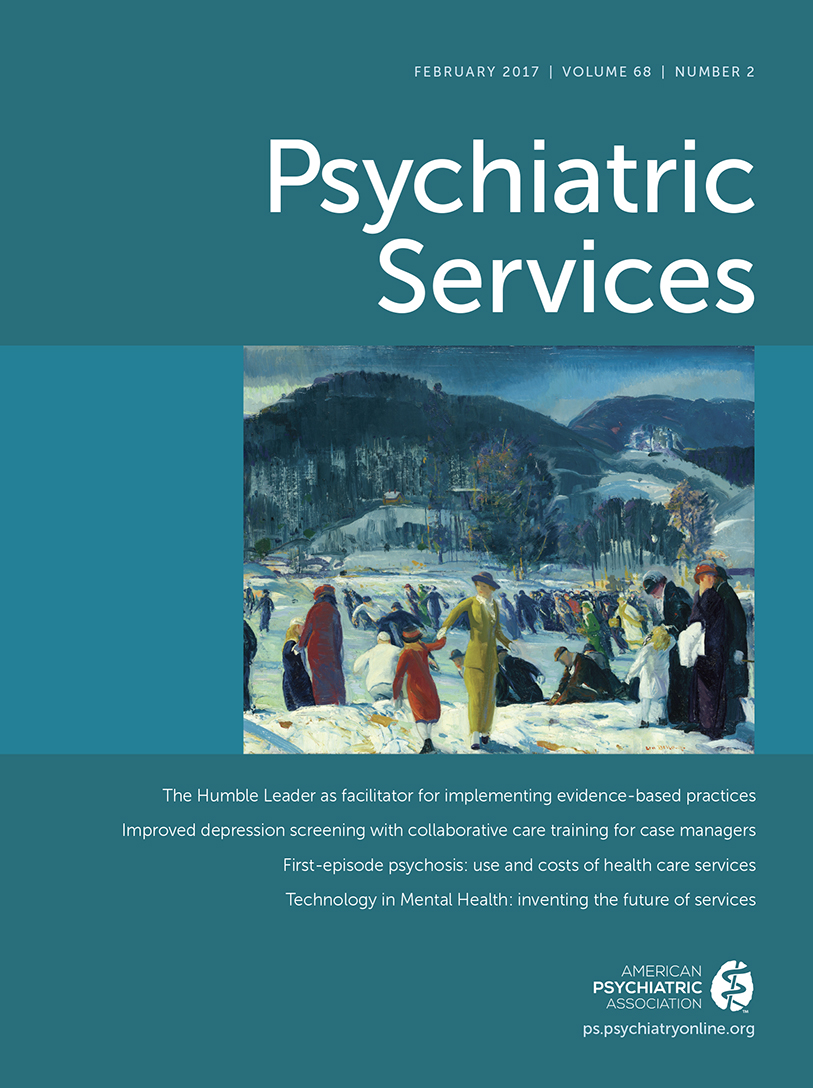Health Promotion for Young Adults With Serious Mental Illness
Abstract
Objective:
Young adulthood represents a critical time to address elevated obesity rates and the risk of early mortality, particularly among people with serious mental illness. Few studies have assessed the benefits of lifestyle interventions targeting weight loss among these young adults. This study examined the impact of the 12-month In SHAPE lifestyle intervention on weight loss and fitness among overweight and obese young adults with serious mental illness (ages 21–30) compared with participants over age 30.
Methods:
Data were combined from three trials of the 12-month In SHAPE program delivered through community mental health centers. In SHAPE includes weekly fitness trainer meetings, a gym membership, and nutrition education. Primary outcomes were weight loss and change in fitness at 12 months.
Results:
Participants (N=194) had a schizophrenia spectrum disorder (53%) or a mood disorder (47%). The overall sample achieved significant weight loss and improved fitness; differences between young adults (N=29) and participants over age 30 (N=165) were not significant. An important finding was that 42% of young adults achieved clinically significant reductions in cardiovascular risk, defined as ≥5% weight loss or improved fitness (>50-m increase on the 6-Minute Walk Test), compared with 54% of adults over age 30 (a nonsignificant difference between age groups).
Conclusions:
Among persons enrolled in a lifestyle intervention, overweight and obese young adults experienced benefits comparable with those of adults over age 30. Young adults with serious mental illness face high risk of gaining weight, but a meaningful proportion of these individuals can achieve clinically significant cardiovascular risk reduction, thus highlighting the need to promote lifestyle intervention participation in this group.



